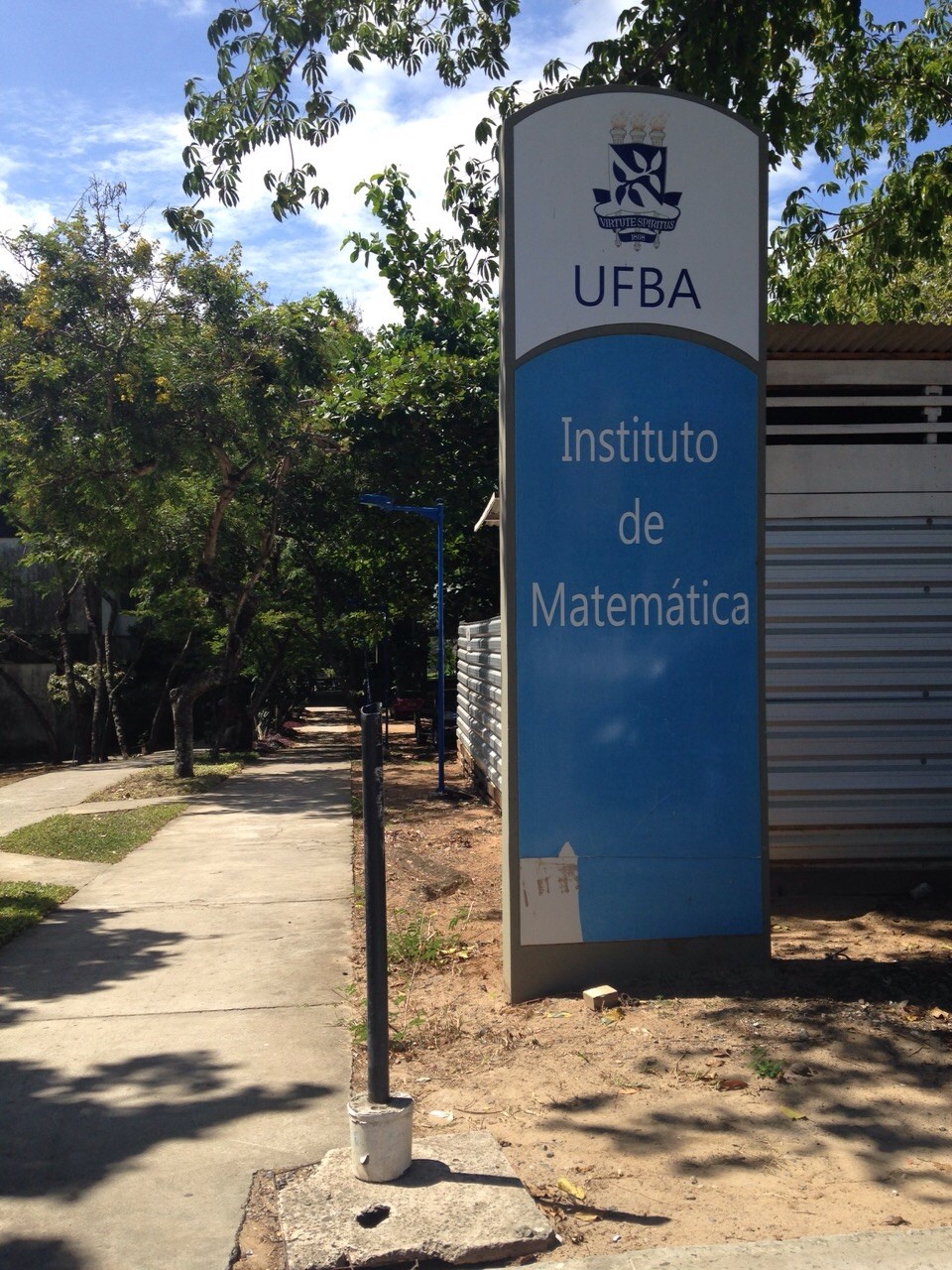
- Este evento já passou.
Primeira Defesa de Doutorado da Pós-Graduação em Mecatrônica
13 - maio - 2016 | 08:30 - 12:00
Evento Navegação

O Programa de Pós-Graduação em Mecatrônica da UFBA convida a todos para a defesa pública de Doutorado de número 001 deste programa.
Aluno: Alexandre da Costa e Silva Franco
Título: On deeply learning features for automatic person image re-identification
Banca Examinadora:
– Prof. Dr. Luciano Rebouças de Oliveira (Orientador – PPGM/UFBA)
– Prof. Dr. Leizer Schnitman (PPGM)
– Prof. Dr. Rubisley de Paula Lemes (PPGM)
– Prof. Dr João Paulo Papa (UNESP)
– Prof Dr. Ângelo Conrado Loula (UEFS)
Data da Defesa: 13 de maio de 2016 ; Horário: 8h e 30min
Local da Defesa: Auditório do Instituto de Matemática
Resumo: The automatic person re-identification (re-id) problem resides in matching an unknown person image to a database of previously labeled images of people. Among several issues to cope in this research field, person re-id have to deal with person appearance and environment variations. This way, discriminative features to represent a person identity must be robust regardless those variations. Comparison between two image features is commonly accomplished by distance metrics. Although features and distance metrics can be handcrafted or trainable, the latter type has demonstrated more potential to breakthroughs in achieving state-of-the-art performance over public data sets. A recent paradigm that allows to work with trainable features is deep learning. Deep learning aims at learning features directly from raw image data. Although deep learning has recently achieved significant improvements in person re-identification, found on
some few recent works, there is still place of learning strategies, which can be exploited to increase current state-of-the-art performance.
In this work a novel deep learning strategy are proposed, coined here coarse-to-fine learning (CFL), and a novel type of feature, called convolutional covariance features (CCF), for person re-identification. CFL is based on the human learning process, and it was motivated by two learning theories borrowed from Psychology. The core of the CFL is a framework conceived to perform a cascade network training, learning person image features from generic-to-specific
concepts about a person. Each network is comprised of a convolutional neural network (CNN) and a deep belief network denoising autoenconder (DBN-DAE). The CNN is responsible to learn local features, while the DBN-DAE learns global features, invariant to illumination varying, certain image deformations, horizontal mirroring and image blurring. After extracting the convolutional features via CFL, those ones are then wrapped in covariance matrices, composing the CCF. Integration of the CCF and the flat features was demonstrated to improve the performance of the person re-identification approach in comparison with the use of the component features. The performance of the proposed framework was assessed comparatively against 18 state-of-the-art methods by using public data sets (VIPeR, i-LIDS, CUHK01 and CUHK03) and cumulative matching characteristic curves and top ranking references. After a thorough analysis, our proposed framework demonstrated a superior performance.
